In our hyper-computerized society, scammers proliferate nearly every part of modern commerce and the internet. Be it through fake but real-looking online businesses, Nigerian princes emailing you asking for money or fake social media accounts. In this current online environment, people are well-educated when it comes to scams.
However, this was not always the case. Before the advent of mass access to the internet nearly 30 years ago, one of the biggest scams in history went down. This story is a wild adventure and a cautionary tale involving a Nigerian and Brazilian banker, a fake airport, and two countries. This is how a Nigerian banker sold a fake airport to Brazil.
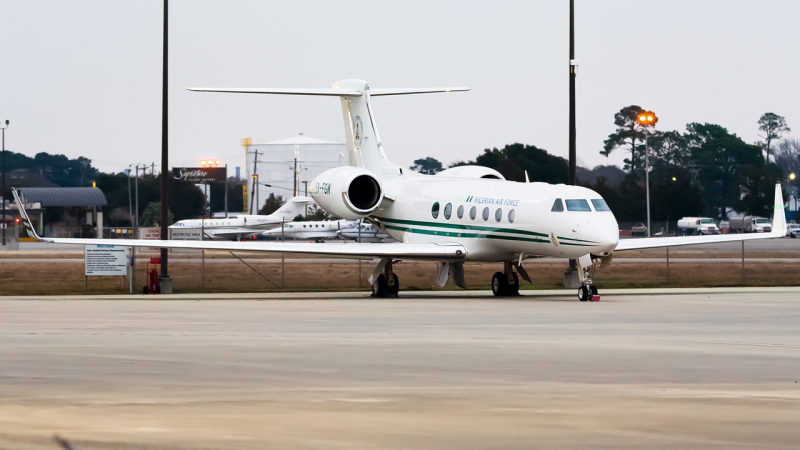
Emmanuel Nwude - The (Would Be) Richest Scammer of Them All
In our hyper-computerized society, scammers proliferate nearly every part of modern commerce and the internet. Be it through fake but real-looking online businesses, Nigerian princes emailing you asking for money or fake social media accounts. In this current online environment, people are well-educated when it comes to scams.
However, this was not always the case. Before the advent of mass access to the internet nearly 30 years ago, one of the biggest scams in history went down. This story is a wild adventure and a cautionary tale involving a Nigerian and Brazilian banker, a fake airport, and two countries. This is how a Nigerian banker sold a fake airport to Brazil.
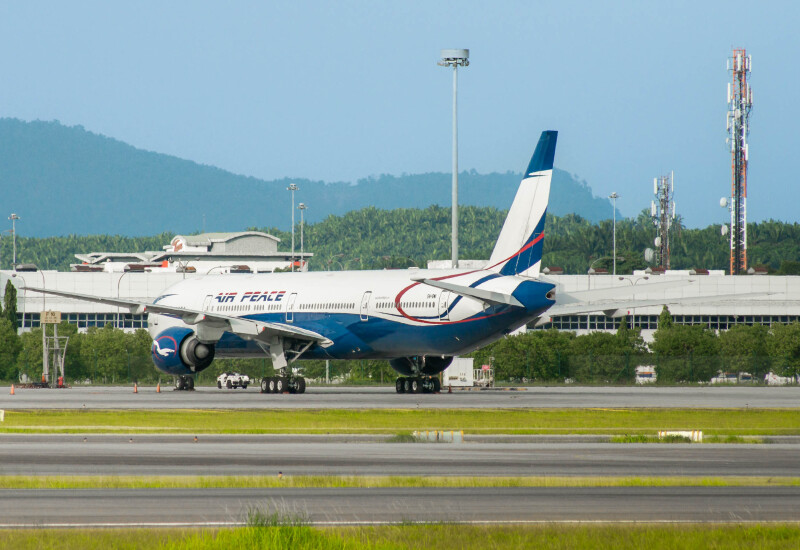
So it's the late 1990s, and Emmanuel Nwude is the director of the large Union Bank of Nigeria. Over a few months, Mr. Nwude hatches a masterful plan to scam a bank out of millions of dollars. His project involved impersonating Paul Ogwuma, the then governor of the Central Bank of Nigeria, and proposing a "plan" to "sell" an "airport" to a foreign bank.
This does not seem as far-fetched as it sounds, as Mr. Nwude already had experience as the head of a bank, so the impersonation of the governor of the CBN was easy, but creating the fake documents to "present" to a foreign bank was the hard part of the scam. To make his "proposal" seem more legitimate, Mr. Nwude also enlisted the help of numerous people to be there with him during his proposal to succeed in his attempts to fraud a foreign bank.
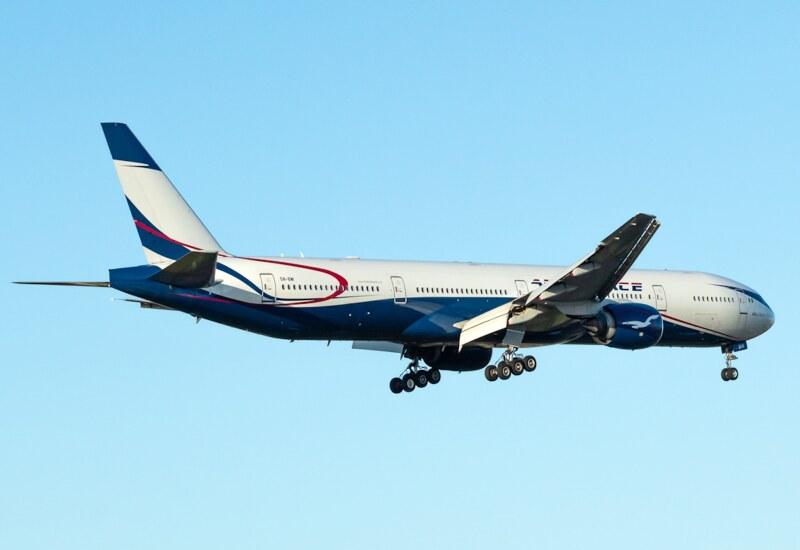
After months of preparing, the day came, and Emmanuel Nwude, posing as Paul Ogwuma, made a "proposal" to Nelson Sakaguchi, a Director at the Banco Noreste, a Brazilian bank based in São Paulo, to invest in a "new airport" being built in the Nigerian city of Abuja. Captured by the allure of the potential of millions of dollars to be made from an airport in a growing country, the documents that were presented to Sakaguchi were so appealing that he was able to secure $242 million of funding from his bank to invest in the (supposedly) soon-to-be-built airport.
After the heated negotiations with piles of fake documents and fake people, Mr. Sakaguchi eagerly awaited the day of the groundbreaking ceremony for the airport he and his bank had invested in. Days turned into nights and months, and still no word from Ogwuma (the scammers). Then, the day came when the disgusting rot of the scam was unearthed. Emmanuel Nwude had pulled off the (at the time) third-largest banking scam in history, shocking the world's aviation and financial communities.
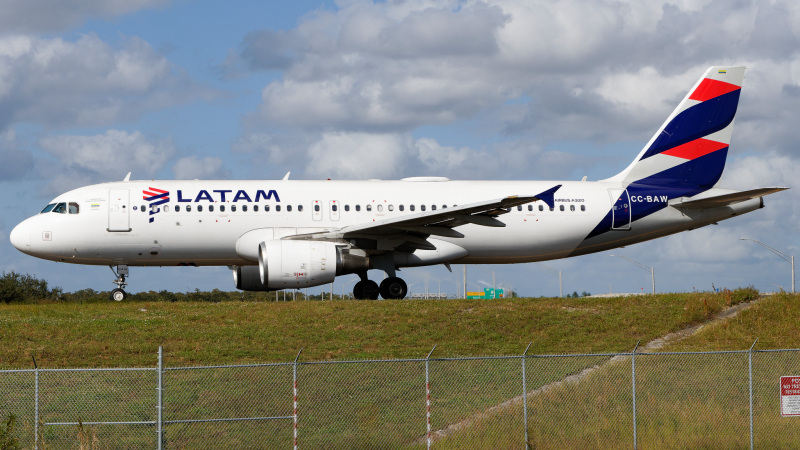
Securing funding for airports' construction, maintenance, and expansion is crucial to aviation growth in all countries. Commercial aviation would be drastically different without private investors or airport authorities. Large and small airports worldwide have private airport companies (the airport is run as a business). Most notable is London Heathrow (LHR), the world's largest mega-hub. Heathrow Airport Holdings is a private company at the helm of the gigantic airport.
Tales such as that of Emmanuel Nwude tell one of caution. To not always believe everything one sees on the internet or in any other setting for that matter. In a sense, aviation is more prone to scams than most other industries due to the ease with which one can run a scam operation. One common scam within the aviation industry is websites that supposedly sell plane tickets.
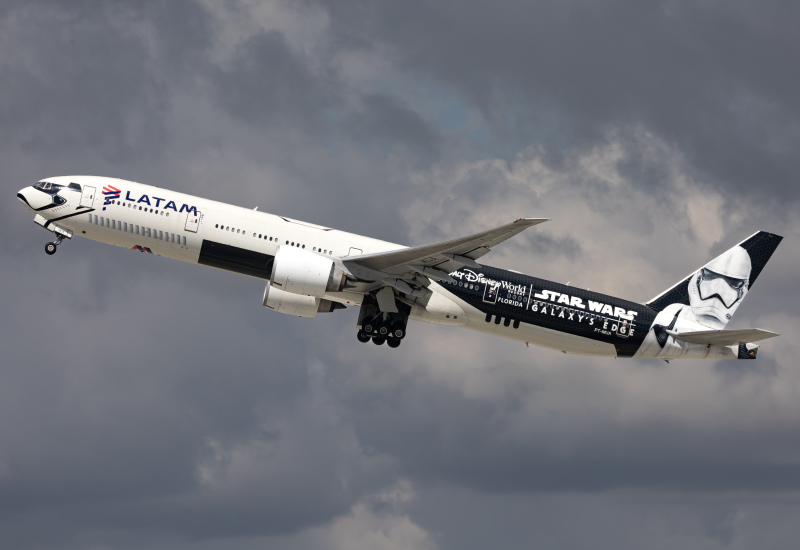
These websites will show passengers fake flights with convincing flight numbers, luring people to "buy" a ticket. Once a ticket is bought, the website will not issue any ticket and send a fake reservation, with the scammers behind the website pocketing the money if the people who buy the fake airline ticket don't suspect fraud in time.
3 Shot, 1 Stabbed After Alleged Christmas Day Family Dispute at Phoenix Skyharbor Airport » 2024: The Deadliest Year for Commercial Aviation in Six Years » Missile Strike Confirmed as Cause of Azerbaijan E190 Crash »
Comments (0)
Add Your Comment
SHARE
TAGS
STORIES Nigeria Finance Crime Airport Brazil Abuja São Paulo InvestigationRECENTLY PUBLISHED
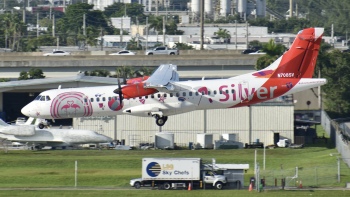 Silver Airways Files for Chapter 11 Bankruptcy, Will Resume Normal Operation
On Monday evening, Silver Airways announced that it filed for Chapter 11 bankruptcy in a Florida bankruptcy court. In a statement to customers, the Florida-based airline assured customers that it would continue normal operations through bankruptcy.
NEWS
READ MORE »
Silver Airways Files for Chapter 11 Bankruptcy, Will Resume Normal Operation
On Monday evening, Silver Airways announced that it filed for Chapter 11 bankruptcy in a Florida bankruptcy court. In a statement to customers, the Florida-based airline assured customers that it would continue normal operations through bankruptcy.
NEWS
READ MORE »
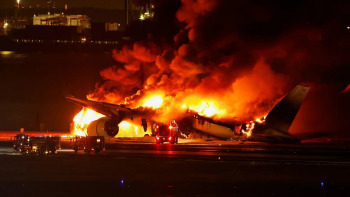 2024: The Deadliest Year for Commercial Aviation in Six Years
As 2024 draws to a close, a sad reality has surfaced: this year has been the deadliest year for commercial aviation in six years, with fatalities exceeding 300.
NEWS
READ MORE »
2024: The Deadliest Year for Commercial Aviation in Six Years
As 2024 draws to a close, a sad reality has surfaced: this year has been the deadliest year for commercial aviation in six years, with fatalities exceeding 300.
NEWS
READ MORE »
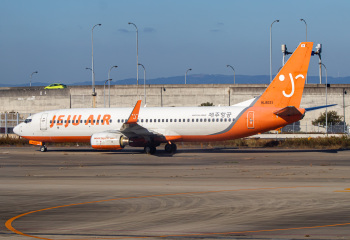 Rescued Jeju Air Flight Attendant is Awake and Speaking, Hospital Official Reports
A 33-year-old flight attendant is one of the only survivors of the recent Jeju Air tragedy in Muan, South Korea. According to a hospital official, the flight attendant is awake and speaking to medical staff.
NEWS
READ MORE »
Rescued Jeju Air Flight Attendant is Awake and Speaking, Hospital Official Reports
A 33-year-old flight attendant is one of the only survivors of the recent Jeju Air tragedy in Muan, South Korea. According to a hospital official, the flight attendant is awake and speaking to medical staff.
NEWS
READ MORE »





